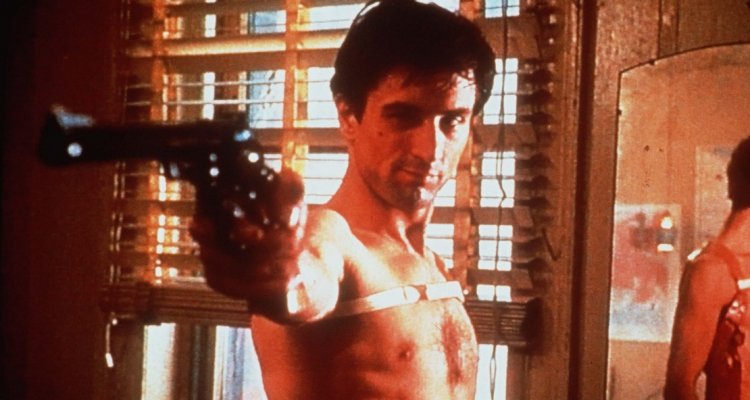I’m tremendously fond of the Jean-Pierre and Luc Dardennes‘ work. They deserve to be high on the list of the best filmmakers working in the French film industry today, and although their last film, “The Unknown Girl,” would qualify as their first misfire, they have given us so many great films over the years (“The Kid With A Bike,” “L’Enfant,” “Rosetta“) that it’s a no brainer to have them situated next to Michael Haneke and Olivier Assayas as the current European masters.
However, the Dardennes come from a completely different tradition of cinema verité that goes back to Jean Roach. Their background making documentaries has come in handy for encompassing a cinema-verité style to their films. They essentially make Douglas Sirk melodramas, but in a completely different aesthetic, with docu-style camera movements that evoke a claustrophobic you-are-there feeling. With the Dardennes, the camera is always part of the scene. This is hyper-realism set in the darkened and gritty world.
READ MORE: Watch: 4-Minute Video Essay Puts A Hand Into Robert Bresson’s ‘Pickpocket’
The influences seem to be all over the place with them. There’s obviously a dose of non-fiction, British kitchen sink dramas (Ken Loach), Cassavetes‘ indie filmmaking, and of course, Robert Bresson‘s work, which might just be their biggest influence of all. All of the above show up on their list of favorite movies, which La Cinetek recently published. The usual suspects appear, including four Bresson films (“Au Hazard Balthazar,” “Mouchette,” “Diary of a Country Priest,” “A Man Escaped“), classic nonfiction (“Sans Soleil,” “Shoah“), and Kitchen Sink dramas (‘Kes,” “Raining Stones”). However, there are also some surprises like Woody Allen‘s masterful “Crimes and Misdemeanors,” and his much maligned “Interiors,” which owes a great deal of debt to Ingmar Bergman, but was seen as a subpar imitation of the great Swedish master back in 1978.
READ MORE: Guilt And Rubble: 15 Essential Post-War Films
To note their absolute faves, they list five Maurice Pialat films (“Under the Sun of Satan” perhaps his most famous other than maybe “L’Enfance nue” since it’s on Criterion) ), four Bresson films (see above), but the winner hands down is Roberto Rossellini. The Belgian filmmakers list eight of the Italian neo-realist director’s films including, “A Journey To Italy,” “Germany: Year Zero,” “Stromboli”).
And, who thought the brothers would have an affinity for the ultraviolence in Martin Scorsese‘s “Taxi Driver“? Their list can be seen in its entirety right here.

